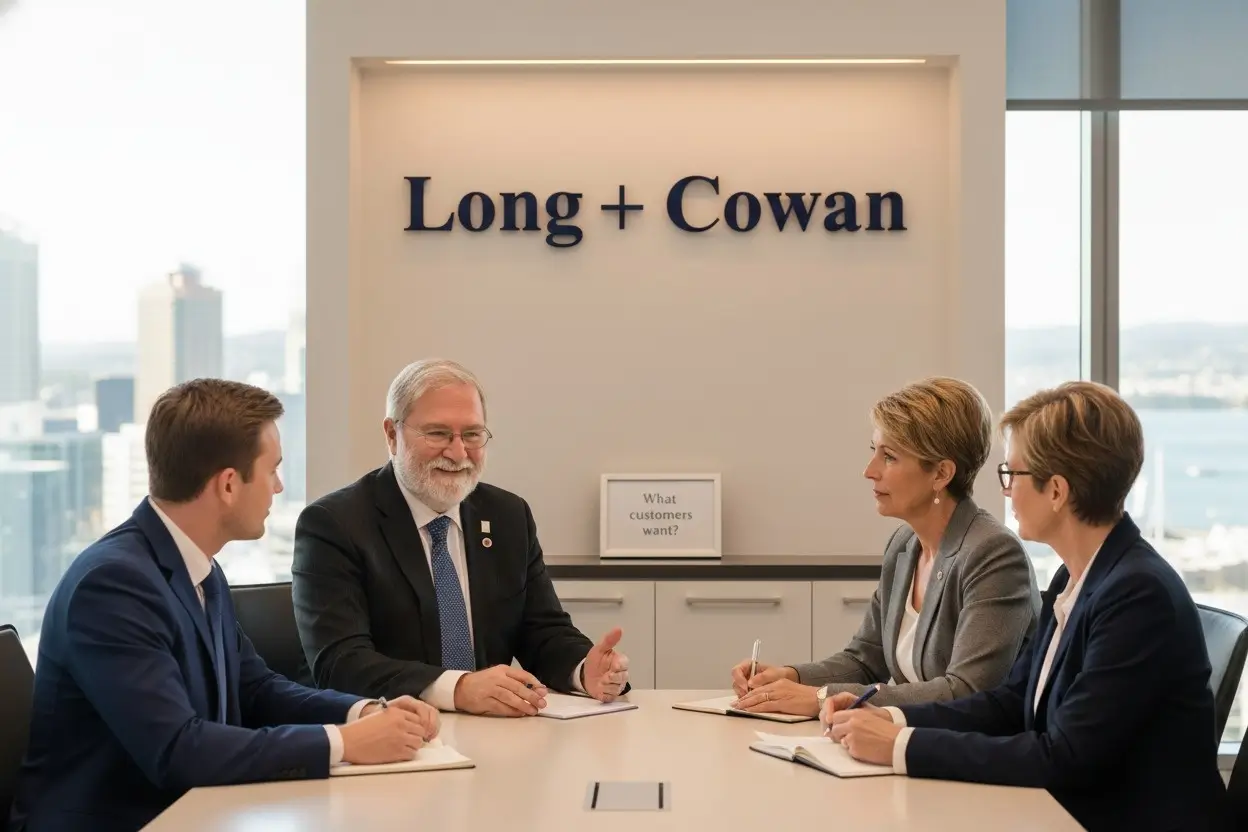Capital gains tax (CGT) is a tax on the profit earned when you sell an asset for more than you paid for it. Although the concept is straightforward, applying it correctly requires an understanding of what qualifies as a taxable gain and which assets are affected.
Capital gains tax is designed to ensure that profits from the growth in asset value over time are included in the tax system. In most countries, this applies to the sale of property, shares, business assets, and other valuable holdings. The key is that you are taxed on the gain, not the total sale price.
Common taxable assets include:
- Real estate: residential and commercial properties
- Shares and bonds: investments in companies and corporate securities
- Business holdings: ownership stakes in companies or partnerships
- Personal property: collectibles or valuable personal items
How Capital Gains Tax Works
To calculate your capital gain, you subtract the original cost of the asset (the purchase price plus any related fees such as commissions or legal costs) from the final selling price. The resulting figure is your taxable gain.
Formula:
Capital Gain = Selling Price – (Purchase Price + Additional Costs)
There are two main types of capital gains, each taxed differently depending on how long you have held the asset:
Short-term capital gains: Profits on assets held for one year or less. These are usually taxed at your standard income rate.
Long-term capital gains: Profits on assets held for more than one year. These are often taxed at a lower rate, rewarding longer-term investment.
| Type of Gain | Holding Period | Tax Rate |
|---|---|---|
| Short-term | 1 year or less | Ordinary income tax rate |
| Long-term | More than 1 year | Lower preferential rate |
Capital Gains Tax in New Zealand
New Zealand does not have a comprehensive capital gains tax, but certain profits from asset sales can still be taxed under existing laws.
Property sales: The bright-line test applies when residential property is sold within a set timeframe after purchase. Profits on these sales are taxable if the property is sold within that period.
Business assets: Gains from selling business assets may also attract tax if they were acquired for resale or if they have appreciated significantly. Accurate records and professional advice are essential to ensure compliance.
Because New Zealand’s tax framework is nuanced, it’s vital to seek guidance from a professional accountant to determine when a transaction may be taxable and what exemptions could apply.
Strategies to Reduce Capital Gains Tax Liability
Effective tax planning can reduce how much capital gains tax you owe. Some practical strategies include:
- Holding investments longer: Keeping assets for more than a year can qualify you for lower long-term tax treatment in jurisdictions that differentiate between short- and long-term gains.
- Offsetting gains with losses: Using losses from underperforming investments to offset gains from successful ones can reduce overall tax liability, a strategy known as tax-loss harvesting.
- Using allowances or exemptions: Certain investments may qualify for tax-free thresholds or deductions. Always check the relevant Inland Revenue guidance before filing.
These strategies require careful record-keeping and professional advice to ensure compliance with current regulations.
How Long + Cowan Chartered Accountants Can Help
At Long + Cowan, we help clients across Wellington understand and manage their capital gains obligations. With more than 75 years of experience, we provide accurate, practical tax advice tailored to individuals, investors, and business owners.
Our Principal, Ben Stockbridge, and the team of qualified accountants focus on simplifying complex financial matters and finding opportunities for smarter tax outcomes. We offer:
- Personalised tax advice: ensuring that your capital transactions are reported correctly and efficiently
- Business planning support: identifying when asset sales may create taxable events and how to plan for them
- Prompt, friendly service: offering clear explanations, timely communication, and reliable results
Key Takeaway
Understanding Capital Gains Tax is vital for anyone who owns or sells assets, whether personal or business-related. Knowing when a gain becomes taxable and how to plan for it helps you make informed decisions and avoid unnecessary surprises. At Long + Cowan Chartered Accountants, we take pride in helping clients navigate these complexities with confidence.
If you want to manage your investments more effectively or need advice on how potential asset sales might affect your tax position, contact us today to schedule a free, no-obligation consultation.

















































